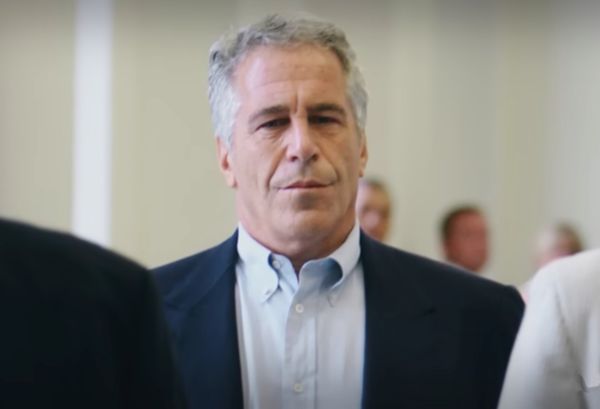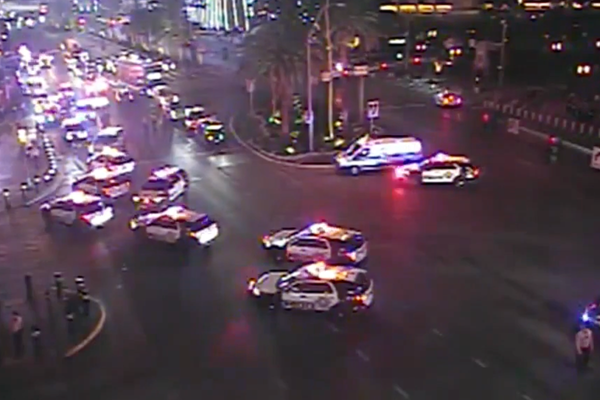Here is a maths problem starring singer Lata Mangeshkar, composer R.D. Burman, lyricist Majrooh Sultanpuri, and director Prakash Mehra.
In the winter of 1972, their song ‘Kaanta Laga’ debuted, making them X amount of money. Then, in 2002, came a remix, arguably one of the most famous iterations, picturing a sultry Shefali Jariwala in a black tank and braids, controversially flipping through a porn magazine. Later, in 2016, artistes Neha Kakkar, Honey Singh and Tony Kakkar decided to “revive the party anthem” with yet another rendition. Every remix, released by famous music labels or independent houses, cashed in on the original genius: the lyrics, the composition, the voice.
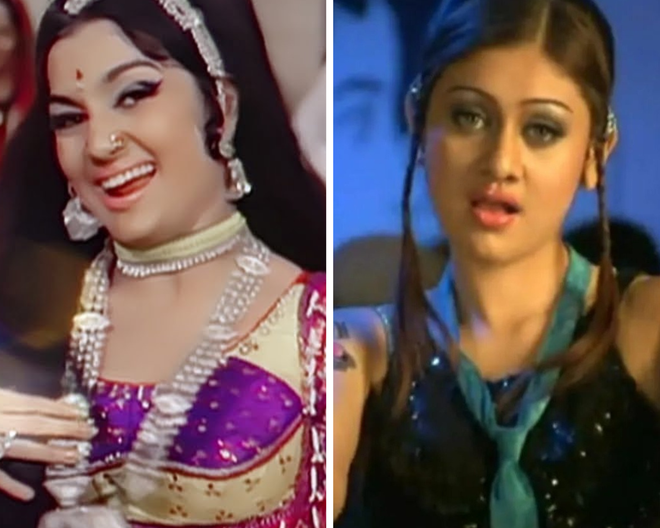
‘Kaanta Laga’ lives as a cultural sensation, but what does X represent? How much money should the song’s original authors receive? Much like the song, the question of music royalties is timeless. Over the last decade, lyricists and composers have tried to solve X, fighting for recognition in the court of law and public opinion.
They recently inched closer to a solution. On April 28, the Bombay High Court passed a historic verdict directing FM radio stations Radio Tadka and Radio City to pay royalties to a song’s “authors” (lyricists, composers and singers) for using copyrighted music — setting a legal precedent for stations across India to do the same. “The value of radio is far greater in the music industry if you look at the revenue, and yet, the radio industry has been undercutting them and not paying them their dues,” says Amit Gurbaxani, a Mumbai-based music journalist.
“This is a big victory for the musical family. We are very thankful to the Mumbai High Court for recognising our efforts and hard work behind musical creation. This is a huge inspiration.”Kanukuntla Subhash ChandraboseLyricist for RRR
The judgment grants legitimacy to the rights of lyricists and composers — reaffirming that the ownership of a song lies not just with film producers and labels, but also artistes who are often invisibilised within the music industry. “The judgment... is absolutely historic,” says singer-composer Anu Malik (think ‘Julie Julie’ in 1987 or ‘Oonchi Hai Building 2.0’ in 2018). “It is for every lyricist, every composer, who puts their heart and soul into creating music.”
A decades-long legal battle
Authors sell their creation to production houses for a one-time fee, who in turn sell it to music companies. The music then takes a life of its own, streaming on radios, punctuating ads, beaming off cellphones as ringtones. “When rights are bought out, only the labels make money, not the people who are creating the music,” Gurbaxani notes.
“We have to explain to [people], over and over, that we are the authors of a song, and that we are worthy of the respect and the credit that comes with it. It is depressing, it is frustrating, it is exhausting.”Varun GroverLyricist
Copyrights within the music industry can be separated into pre- and post-2012 phases, cleaved by the passing of the Copyright (Amendment) Act. The amendments were a culmination of a legal fight that began in 1977, led by the Indian Performing Rights Society Limited (IPRS), a licensed copyrights collective which gathers royalties on behalf of members pan-India. It took 35 years, several court cases and one legal amendment for the law to recognise creators’ rights: a lyricist or composer holds copyrights to their work, they have a right to royalty — whenever the music is played (whether it’s original, a remix, or a rehash via reels or videos) — and, most significantly, this right cannot be transferred. The arrangement was to divide royalties 50:50 between the producers and authors.
It was historic. But history is also easily disputed. Between 2012 and 2023, IPRS had to manoeuvre legal loopholes, and fight FM stations and producers to prove that the protection granted to creators was indeed theirs to wield. The Bombay High Court’s judgment was the first to recognise this.
“This judgment could become a precedent for many artistes and get them the due recognition as authors of a piece of work, and therefore make sure they earn royalty on it,” says Tatsam Mukherjee, a film critic who has been closely following the debate.
“This is long due especially since Indian music has reverberated across the world including ‘Naatu Naatu’ composed by M.M. Keeravaani and authored by Kanukuntla Subhash Chandrabose,” says Javed Akhtar, poet, lyricist, screenwriter and the chairman of IPRS, in a statement. “This forward-looking and exemplary judgement places the creator back at the heart of copyright creation which will serve as a great incentive for artistes, the music industry and for the creation of copyright in India.”
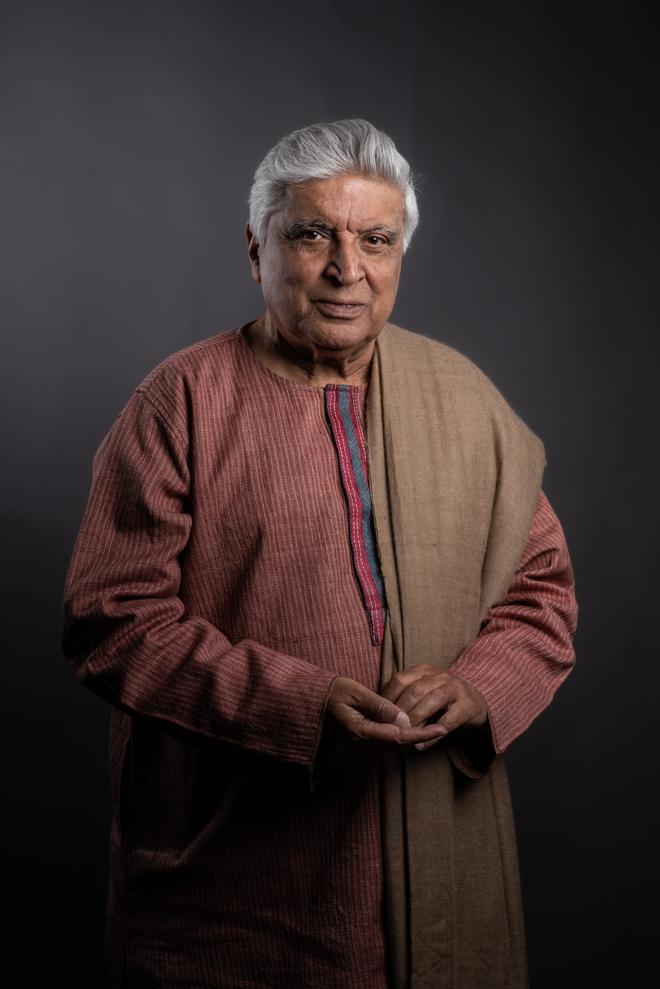
The word of law
Give credit where it’s due
The April judgment is a battle won in a tricky cultural and legal war. “If you’re not giving credit to the creators, you can tell there is something really wrong with the industry,” says Gurbaxani.
There is merit in introspecting the nuts and bolts of traditional hierarchies, a system built on limiting the degree of control an artiste has over their work. Artistic work is viewed as a commodity by producers and studios, which can be “transacted” through contracts or “bought out” through lump sum payments. Contracts are signed, then the songs are written, recorded and released. “We start [our career] with giving away rights,” says lyricist and writer Varun Grover, with films such as Udta Punjab and Badhaai Do to his name. He is not sure at what point a song stops being his and belongs to a label instead.
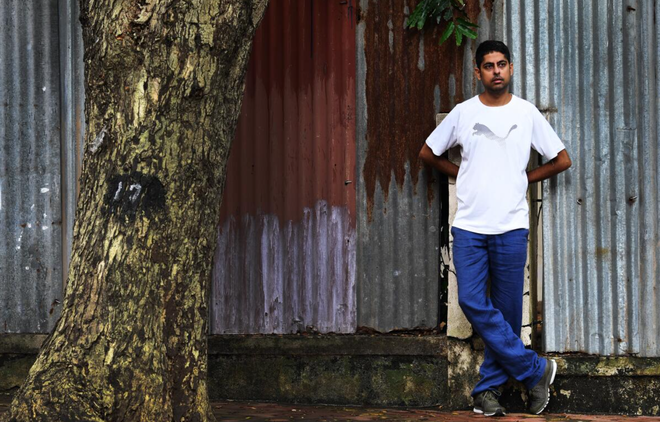
“There was a time when Lata Mangeshkar put her foot down and demanded royalty for a song,” recalls film critic Baradwaj Rangan. In the 1960s, when Mangeshkar was singing duets with the likes of Kishore Kumar and Mohammed Rafi, only producers were paid royalty. In an interview, she had recounted the period as one which invisibilised singers and composers. In fact, the first time she heard her name attached to a song she’d sung was for the 1969 evergreen composition ‘Aayega aanewala’; the story goes that the radio station had received thousands of letters asking about the singer and, eventually, a line was inserted before it played: ‘This song is sung by Lata Mangeshkar.’
More recently, in 2019, Akhtar found his name credited in the movie PM Narendra Modi, when a remixed version of the song ‘Ishwar Allah’ that he wrote for 1947: Earth (directed by Deepa Mehta) was used in it. He argued that his “moral rights” as a creator were breached (per the 2012 amendments, copyrights present a bouquet of rights: the moral right to one’s work, the economic right to benefit from it, and the intellectual right to be attached to it for posterity). It revived the debate around the degree of control a creator has over their work.
Status at radio stations
Passion doesn’t pay
There are manufactured knowledge gaps within the industry about how copyrights and royalties operate. “When contracts are drafted, there is no mention of royalties. And one is rather unaware if they are entitled to this compensation,” says Grover. “Lyrics writers are not really aware of royalties. We’ve been conditioned for years that only singers and composers are entitled to them.” It wasn’t until after his first album that he registered with IPRS.
“In the music food chain, writers are way down in terms of the importance given — even though a song begins with the writer. I hope we reach a stage where royalties are seen not as a burden or an infringement, but a simple right.”Kausar MunirLyricist
In the cultural imagination, royalties are rarely located in the context of fair pay. There’s a fallacy that writing transcends capitalism and is about passion, a higher calling. Grover remembers when ‘Jiya Tu Bihar Ke Lala’ from Gangs of Wasseypur, his very first creation, played on the radio. “I grew up listening to the radio. For me, it was a rite of passage that my song was played on it.” The question of royalties, he adds, was redundant at that moment. “For a first-time lyrics writer, you’re counting your blessings and being happy about the exposure you’re getting via radio.”
But passion and exposure cannot sustain a person. More so in an unorganised sector where there are no pensions or provident funds. The pandemic was a brutal reminder of this. When creators were unable to work, IPRS distributed royalties (around ₹220 crore) from streaming and OTT platforms, as stated in their Annual Transparency Report 2020-21.
In practice, royalties tether an author’s identity and craft with the work, transcending media and the times. “There will come a time when your relevance will be in question, when no one asks about you, but the royalties will continue because, once upon a time, you produced work that was relevant, which is still being heard by someone, somewhere,” says lyricist Kausar Munir, of Mrs Chatterjee vs Norway, Gehraiyaan, and Rashmi Rocket fame.
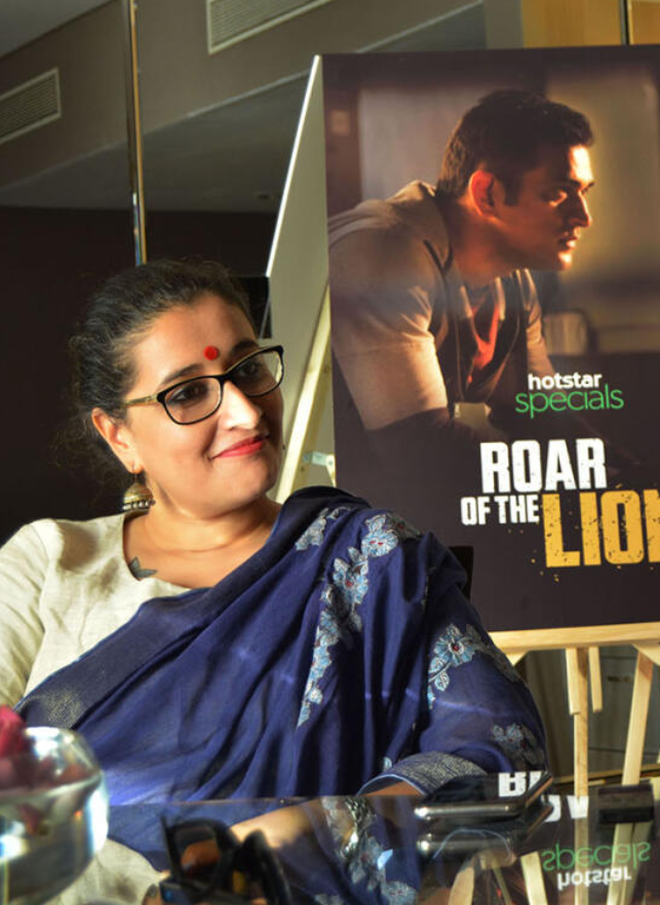
Focus on intellectual property
Unlike a patent in science, art — especially music, which flows through different media spaces — is something that cannot belong to one person. “These laws were created at a time when the channels of distribution were limited to the radio or TV. Now, different platforms criss-cross through digital alleys,” says Rangan. The Bombay High Court’s verdict is an instance of the law playing catch-up with the times. “This is a good judgment not because of what it does, but because of what it brings to light in terms of the complications of intellectual property in art. At least, people will start talking about [copyright and royalty] and taking it more seriously,” he adds. “It’s only right that it starts from the music industry because music is one of the immediate takeaways from a movie.”
Observers say the industry will benefit from streamlining the process. According to Rakesh Nigam, CEO of IPRS, as an independent musician who writes and composes their own songs, and who isn’t registered with IPRS, there’s currently no feasible way to collect royalties for the underlying works.
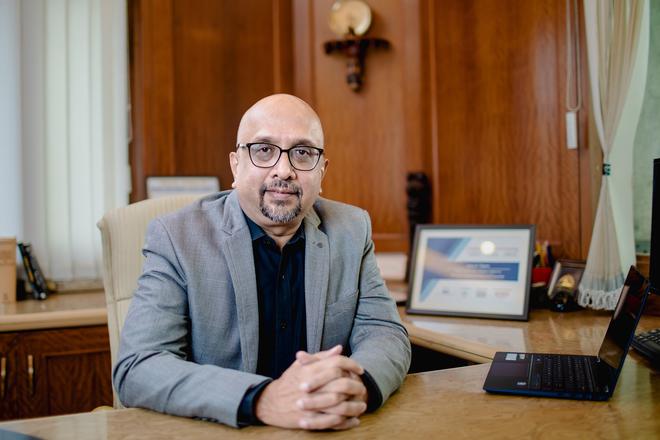
A sense of community is critical because it fosters communication, awareness and action. In 2020, lyricists participated in a campaign called ‘Credit de do yaar’, urging streaming services to mention their names next to a song. The campaign got Spotify to start displaying creators’ names. “Asking for and receiving credit can eventually result in getting royalties,” says Gurbaxani.
We may never solve X; it is an endless equation with endless variables. But, as Grover concludes, “It is a constant fight, it will evolve into varying beasts... and we are ready for it.”



